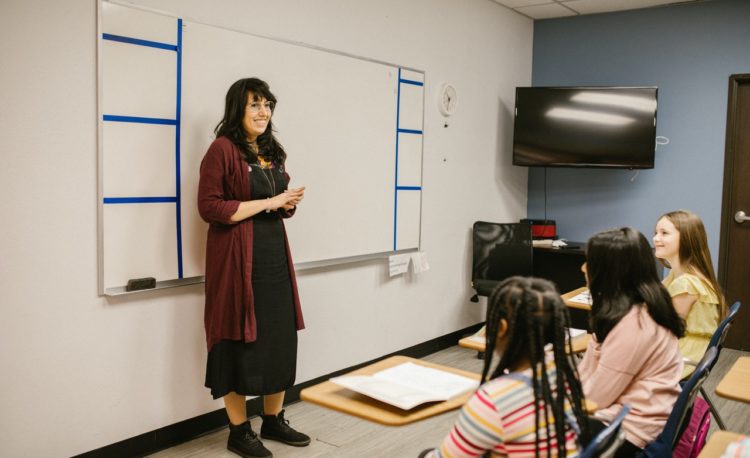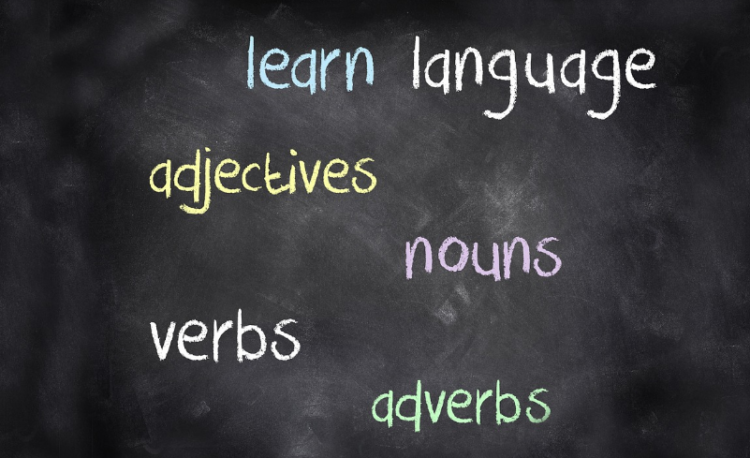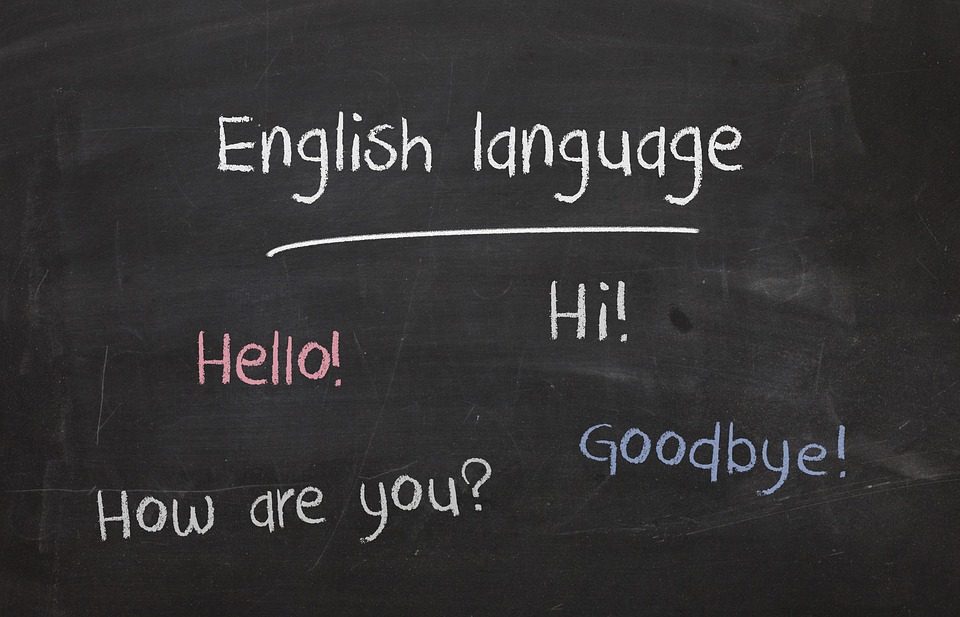As healthcare evolves, so does the way professionals get certified. Advanced Cardiovascular Life Support (ACLS) is a critical requirement for many roles in emergency care, critical care, and beyond—but that doesn’t mean you have to sit through a traditional, in-person class. In 2025, online learning is not just accepted, it’s often preferred for busy medical professionals who need flexibility without sacrificing quality. If you’re considering getting ACLS certified or renewing your credentials, this guide walks you through everything you need to know about taking an accredited course online.
What Makes an Online ACLS Course Legitimate?
 Not all training programs are created equal, especially online. A credible acls course will be based on the latest guidelines from recognized organizations such as the American Heart Association (AHA) or the International Liaison Committee on Resuscitation (ILCOR). Accreditation ensures the course content is evidence-based, up to date, and meets the standards required by most hospitals and licensing bodies. Look for clear signs of legitimacy, like verifiable provider cards, continuing education credits, and strong student reviews.
Not all training programs are created equal, especially online. A credible acls course will be based on the latest guidelines from recognized organizations such as the American Heart Association (AHA) or the International Liaison Committee on Resuscitation (ILCOR). Accreditation ensures the course content is evidence-based, up to date, and meets the standards required by most hospitals and licensing bodies. Look for clear signs of legitimacy, like verifiable provider cards, continuing education credits, and strong student reviews.
Who Should Take an Online ACLS Course?
Whether you’re a nurse, doctor, paramedic, or medical student, ACLS certification is essential if you’re involved in managing cardiovascular emergencies. Online courses are particularly ideal for experienced providers who need recertification or anyone with a packed clinical schedule. If you’ve already had some real-world exposure to cardiac arrest situations or have previously taken ACLS in person, the online format can be a great way to refresh and certify efficiently.
What to Expect During the Course
Most online ACLS programs are designed to be self-paced, so you can complete the training in one day or spread it out over several sessions. You’ll typically go through interactive modules, video demonstrations, and real-life case scenarios that test your decision-making. These courses usually conclude with a final exam and sometimes a practical skills test, either online or via a separate in-person assessment, depending on the provider and your state’s requirements.
How Long Does It Take to Finish?

The time commitment varies depending on your experience and how quickly you move through the material. On average, you can expect to spend about 4 to 6 hours completing the full certification course if you’re already familiar with the content. Some providers offer express options designed for fast renewal, while others include more in-depth modules for first-time learners. The flexibility of online learning allows you to set your own pace, which is a major advantage for working professionals.
Benefits of Taking ACLS Online in 2025
There are more reasons than ever to choose online training this year. In 2025, digital platforms are more advanced, with better simulations, AI-driven assessments, and mobile-friendly interfaces. That means you can learn on your own time, from anywhere—without sacrificing the quality of the education. You also avoid long commutes, time off work, and crowded classrooms. For many providers, this makes online ACLS not just convenient, but the smartest option available.
What to Do After You’re Certified
 Once you complete your course and receive your provider card, make sure to save a digital and physical copy for your records. Some employers require it during onboarding or for shift eligibility, especially in high-acuity units. It’s also wise to schedule your next renewal reminder right away—most certifications last two years. Keeping your credentials up to date is …
Once you complete your course and receive your provider card, make sure to save a digital and physical copy for your records. Some employers require it during onboarding or for shift eligibility, especially in high-acuity units. It’s also wise to schedule your next renewal reminder right away—most certifications last two years. Keeping your credentials up to date is …





 If you find yourself stuck on a tricky math problem, consider seeking help from a teacher, tutor, or classmate. Sometimes, a fresh perspective can make all the difference in understanding the problem and finding a solution.
If you find yourself stuck on a tricky math problem, consider seeking help from a teacher, tutor, or classmate. Sometimes, a fresh perspective can make all the difference in understanding the problem and finding a solution. When faced with a challenging math problem, one effective strategy to consider is working backwards. Start by visualizing the end goal of the problem and then reverse engineer your way back to the initial question.
When faced with a challenging math problem, one effective strategy to consider is working backwards. Start by visualizing the end goal of the problem and then reverse engineer your way back to the initial question.
 When you’re stuck on a challenging homework assignment, feeling lost and frustrated is easy. Seeking homework help can provide valuable insight and explanations that clarify confusing concepts. By working with a tutor or consulting online resources, you can better understand the material at hand. Exploring different perspectives and alternative approaches through homework help can open up new pathways to comprehending complex topics.
When you’re stuck on a challenging homework assignment, feeling lost and frustrated is easy. Seeking homework help can provide valuable insight and explanations that clarify confusing concepts. By working with a tutor or consulting online resources, you can better understand the material at hand. Exploring different perspectives and alternative approaches through homework help can open up new pathways to comprehending complex topics. When seeking homework help, it’s not about
When seeking homework help, it’s not about 

 Schools often offer language immersion programs for students to learn another language or become fluent in one they already know. Determine if learning a new language is important to you and your child, as this can affect their academic performance in other areas. When selecting a language immersion program, make sure you understand the school’s approach and commitment to teaching language and its resources available for practice.
Schools often offer language immersion programs for students to learn another language or become fluent in one they already know. Determine if learning a new language is important to you and your child, as this can affect their academic performance in other areas. When selecting a language immersion program, make sure you understand the school’s approach and commitment to teaching language and its resources available for practice. Take some time to research the school’s student body and see if it is a good fit for your child. How many students attend? What countries are represented? Is there a diversity of cultures and backgrounds? Are there any special-needs facilities and resources available to students? These questions can help you determine whether or not the school is a good fit for your child.
Take some time to research the school’s student body and see if it is a good fit for your child. How many students attend? What countries are represented? Is there a diversity of cultures and backgrounds? Are there any special-needs facilities and resources available to students? These questions can help you determine whether or not the school is a good fit for your child.
 Mental health decline started in the early 2000s when the number of children and adolescents with any mental health disorder increased from 11.0% to 15.0%. Fast forward to 2011-2012, when the latest data was collected, and you’ll see that the percentage of children aged between six and 17 years old with a diagnosable mental illness had increased to 20%.
Mental health decline started in the early 2000s when the number of children and adolescents with any mental health disorder increased from 11.0% to 15.0%. Fast forward to 2011-2012, when the latest data was collected, and you’ll see that the percentage of children aged between six and 17 years old with a diagnosable mental illness had increased to 20%.

 No professor will give grades when you submit a plagiarized paper. Therefore, it is beneficial to an expert since they guarantee you a unique article. Furthermore, every research paper writer in the company is aware of writing guidelines that demand authentic paper. Hence, you are assured of an original essay.
No professor will give grades when you submit a plagiarized paper. Therefore, it is beneficial to an expert since they guarantee you a unique article. Furthermore, every research paper writer in the company is aware of writing guidelines that demand authentic paper. Hence, you are assured of an original essay.





 Your Career Requirements
Your Career Requirements

 Those who love to travel abroad are also the ones who can benefit from learning new languages. Note that not all French-speaking countries prefer to speak
Those who love to travel abroad are also the ones who can benefit from learning new languages. Note that not all French-speaking countries prefer to speak 
 new things and be unique. Good teachers should have certain qualities like patience, tenacity, and adaptability. These are some of the essential qualities that can help learners in improving academically. The following are the essential qualities that a good English teacher should have:
new things and be unique. Good teachers should have certain qualities like patience, tenacity, and adaptability. These are some of the essential qualities that can help learners in improving academically. The following are the essential qualities that a good English teacher should have:







 This is the first step you need to consider when you are looking for the right tutor. You need to understand that there are many private tutors outside there. For you to pick the professional one, you need to take your time and know the best elements you need to consider. For example, you can rely on the internet because it is one of the best sources that can provide you with the right information you need.
This is the first step you need to consider when you are looking for the right tutor. You need to understand that there are many private tutors outside there. For you to pick the professional one, you need to take your time and know the best elements you need to consider. For example, you can rely on the internet because it is one of the best sources that can provide you with the right information you need. If you want to hire the best tutor for your child, it is crucial to remember asking around. By asking your friends, relatives, and even your child’s teacher, you will end up getting the best and professional tutor who will help your kid to improve in weak areas. Also, you can visit various district schools because they have a list of tutors and they are always ready to make recommendations.…
If you want to hire the best tutor for your child, it is crucial to remember asking around. By asking your friends, relatives, and even your child’s teacher, you will end up getting the best and professional tutor who will help your kid to improve in weak areas. Also, you can visit various district schools because they have a list of tutors and they are always ready to make recommendations.…
 sometimes it’s hard to tell the authenticity of an online job posting. When one falls victim of online fraud, it can be disastrous to their confidentiality and information security. That’s why you need to be smart and savvy regarding giving out personal information or money online. Below we provide a couple of tip-offs that would help you differentiate fake job offers from scam postings.
sometimes it’s hard to tell the authenticity of an online job posting. When one falls victim of online fraud, it can be disastrous to their confidentiality and information security. That’s why you need to be smart and savvy regarding giving out personal information or money online. Below we provide a couple of tip-offs that would help you differentiate fake job offers from scam postings. To stay away from job scammers, it is advisable to always trust your gut. If something sounds too good to be true, then definitely it is. Job scammers often promise crazy offers since they believe job seekers are desperate. If the pay rate being offered doesn’t match the value for money for the particular job, consider it a red flag.
To stay away from job scammers, it is advisable to always trust your gut. If something sounds too good to be true, then definitely it is. Job scammers often promise crazy offers since they believe job seekers are desperate. If the pay rate being offered doesn’t match the value for money for the particular job, consider it a red flag.
 This is solely a person who is admirably honest with their self and in relating with others. This is also a person who has no problems admitting their strengths and weaknesses, and who portrays loyalty to the employer without any criticisms.
This is solely a person who is admirably honest with their self and in relating with others. This is also a person who has no problems admitting their strengths and weaknesses, and who portrays loyalty to the employer without any criticisms. Recruiters show interests in the self-motivation of a candidate. They always prefer an employee who never needs to be pushed or reminded to perform a certain task. As a recruiter, you should ensure that you find out the extent of self-motivation that a candidate has during an interview.
Recruiters show interests in the self-motivation of a candidate. They always prefer an employee who never needs to be pushed or reminded to perform a certain task. As a recruiter, you should ensure that you find out the extent of self-motivation that a candidate has during an interview.